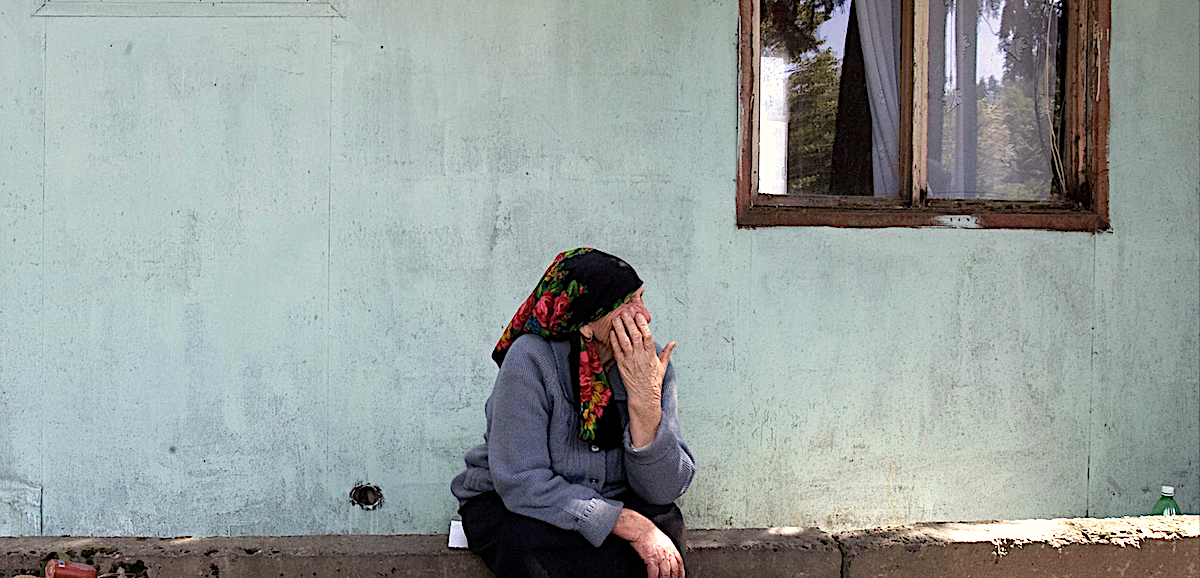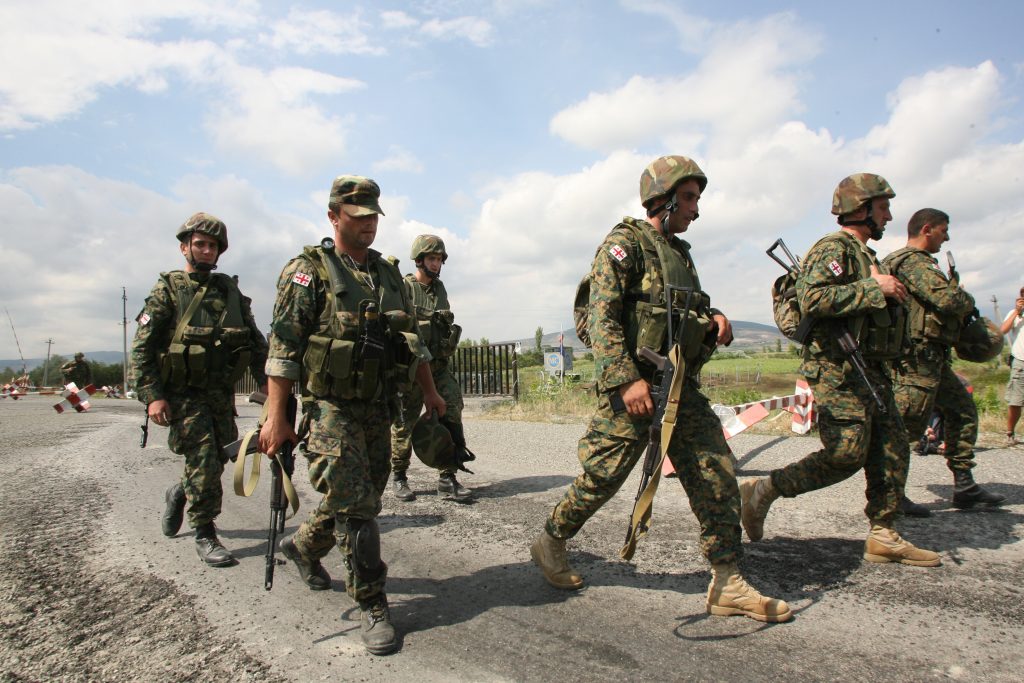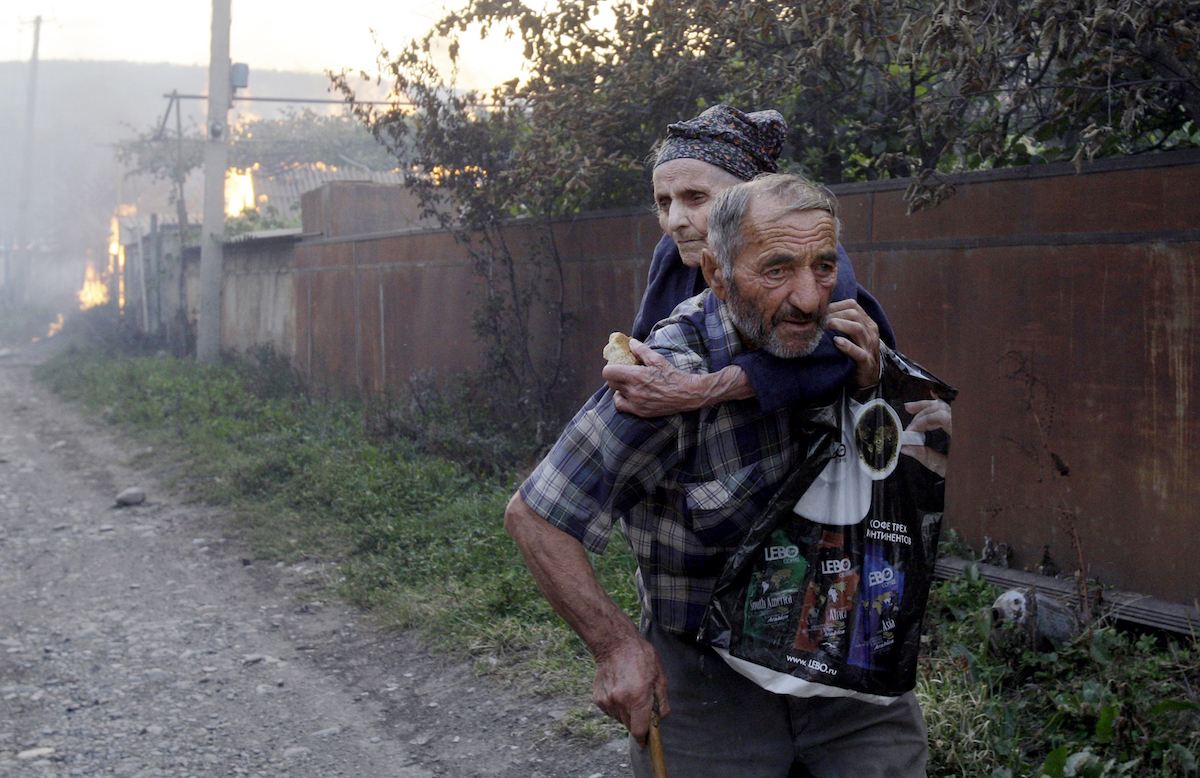Share














Most read

Latest news in Georgia, Armenia, Azerbaijan, summary. Live
EU document on Ukraine calls on Russia to withdraw troops from Georgia, Radio Liberty reports
Former US envoy: Georgia’s government no longer a reliable partner for Washington
Azerbaijan joins anti-organ trafficking convention: what it means and what to expect
Georgian prosecutors say contract killing of Niko Kvaratskhelia solved

In Tbilisi, actors are leaving the New Theatre after a banner with a convicted colleague’s portrait was removed
'Armenian Apostolic Church does not serve foreign powers': bishops meet in Austria
Azerbaijan courts hand down in absentia sentences to critics abroad
Georgia to launch large-scale review of socially vulnerable families database
Azerbaijan: Meydan TV journalists report violence in pre-trial detention












